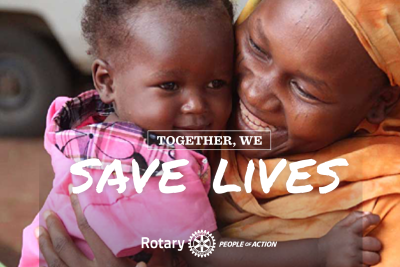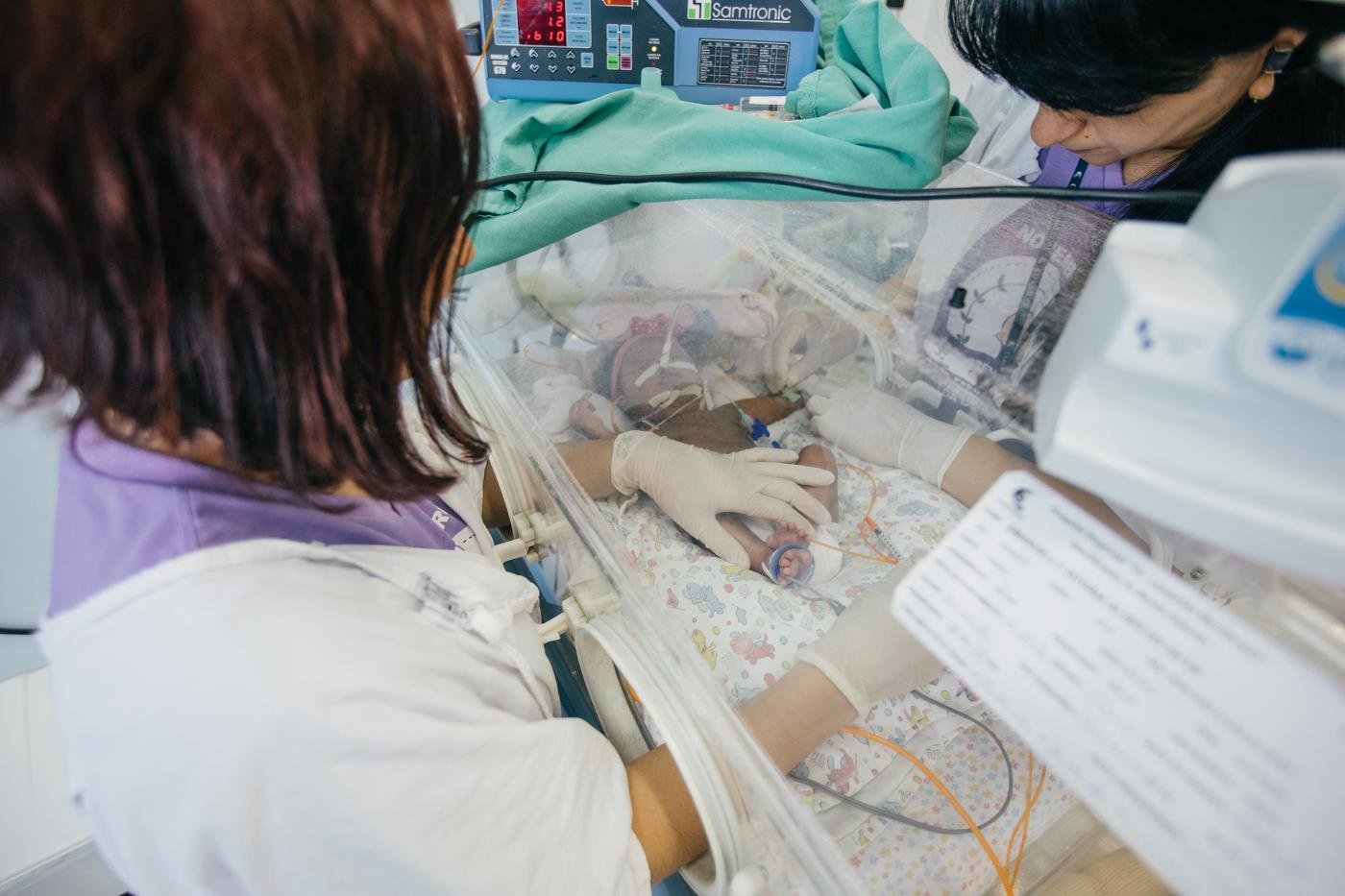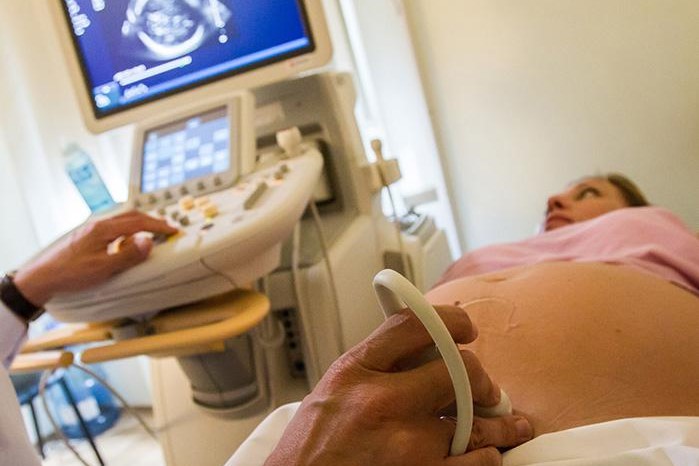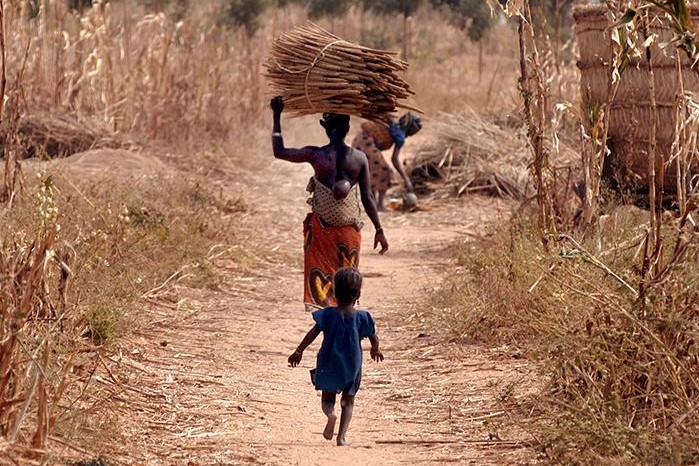Almost six million children under the age of five die every year because of malnutrition, inadequate health care, and poor sanitation. As people of action, Rotarians have been working with authorities in various countries to prevent those deaths. They have also been working on reducing maternal deaths by 30% through family planning and ultimately empowering women.
Poverty and hunger can be alleviated if mothers are empowered and healthy, and in turn, their families. Thanks to the Rotary Foundation, communities receive the help and training they need to take control of their own maternal and infant health care.

Rotary programs improve women’s access to doctors, nurses, midwives, or community health care workers. Rotarians distribute clean birth kits and train health workers in safe delivery of babies. They also teach mothers how to breast-feed, promote immunizations and regular checkups, and distribute insecticide-treated bed nets.
 |  |
In Brazil, the Rotary Clubs of Registro-Ouro and of Registro partnered on a Rotary Foundation global grant with two clubs in Nakatsugawa, Japan to raise US$172,500 to fund equipment for a local hospital -- including five incubators for its neonatal intensive care unit -- which nearly doubled its capacity to care for fragile newborns and increased its ability to care for about 220 babies per year. | Rotary members distribute clean birth kits and train health workers in safe delivery of babies. Rotary members teach mothers how to breast-feed, promote immunizations and regular checkups, and distribute insecticide-treated bed nets. |
In Haiti, with the highest maternal and infant mortality rate of any country in the western hemisphere, Rotary supports mobile prenatal clinics with a fully equipped medical Jeep so that volunteers and midwives can reach mothers and children in remote areas.
In Chennai, India, the mortality rate of women with breast and cervical cancer is high because of late diagnosis. So Rotary has provided a mobile cancer screening unit along with awareness training.
 |
| Through the use of technology, doctors are bringing health care to women and children living in rural Nigeria. |
With increased speed of the internet, telemedicine – the use of information technology to provide health care from a distance – is now able to reach remote communities in some of the world’s poorer communities. Physicians can use telemedicine to connect with patients remotely, even examine a patient using a robot, and consult with other physicians all over the world.
With a global grant from The Rotary Foundation, a team of health care professionals from Nigeria has been trained in telemedicine.
Thanks to all of you in District 5040, our clubs around the world and The Rotary Foundation we help mothers and children in need so they can take control of their own maternal and infant health care and their lives.